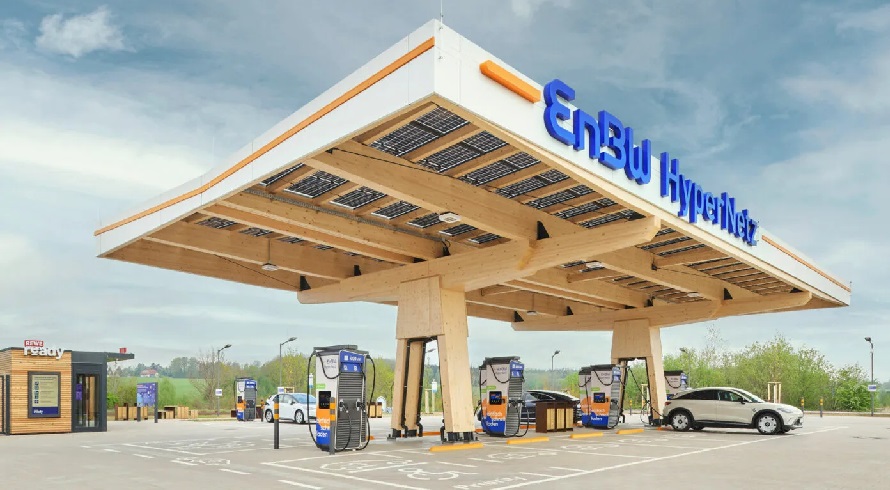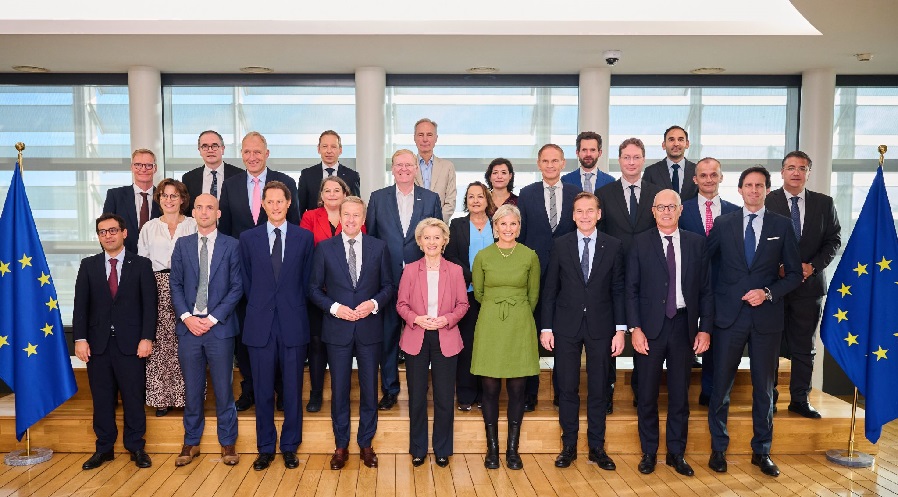The energy company EnBW has reduced its plans for the expansion of its charging network by 2030 due to the slow adoption of electric vehicles (EVs).
This was confirmed by the company’s management at its latest annual results press conference.
Indeed, instead of the 30,000 fast charging points originally announced, EnBW now plans to operate around 20,000 devices in Germany by 2030.
It is worth noting that at the IAA Mobility event in September 2023, the company announced it would double its annual investment in the development of fast charging infrastructure in Germany to approximately 200 million euros and aimed to operate around 30,000 fast charging points in the country by 2030.
Even with the previous budget of 100 million euros annually, EnBW had become the operator of the largest fast charging network in the country and has continued to expand its leadership.
By the end of the year, its national network had around 6,000 charging points.
Dirk Güsewell, a member of the management board, states: “We are on the right track in terms of electric mobility: we have far exceeded 6,000 fast charging points in 2024 and connected more points to the grid than ever before in the second half of the year.”
“We want to expand our fast charging infrastructure to over 20,000 charging points by 2030 and consolidate our market share of around 20% in this sector.”
Source: vision-mobility.de
READ MORE
-
“Installing on the cheap ends up being costly”: Smart Wallboxes issues warning amid eMobility installation boom
Elis Álvarez, CEO of Smart Wallboxes, warns of the risks of cutting costs at a time of record EV sales and rapid expansion of charging points across Spain.
-
European manufacturers welcome EU’s “bold” proposals for the automotive sector
European manufacturers welcomed the fact that, while not all differences have yet been resolved and not all answers to the challenges are known, the range of solutions has expanded, with “concrete” proposals across all areas.
-
Porsche tests inductive charging in Germany: When will it launch across Europe?
Porsche will be the first car manufacturer to bring an 11 kW charging system with a ‟one-box” base plate for battery-electric vehicles to markets.










